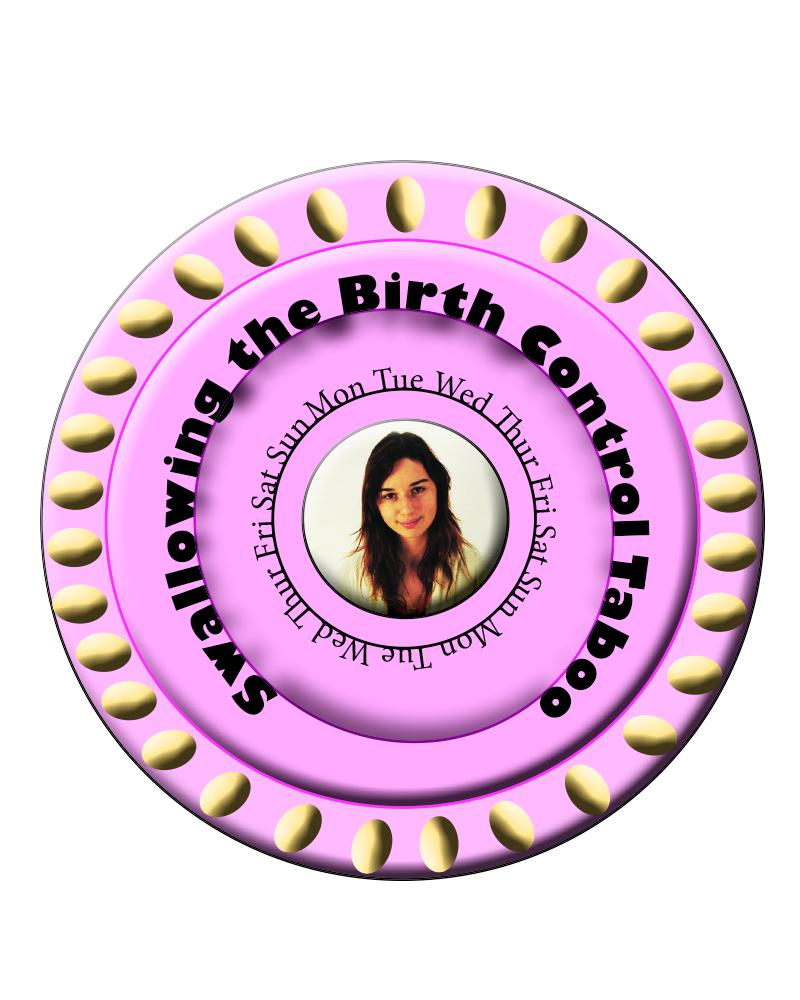Bryn Pennetti
Arts Entertainment & Technology Editor
Since the infamous health class talk in fifth grade, teenage minds have been shaped a bit uncertainly on the topic of sex, and more specifically, on the bodies of young women. Raging teenage hormones combined with messages of abstinence rarely make for a good mix. So what is happening with girls today as they deal with the mysteries of their bodies and how they choose to handle them?
There are two routes one can take (which both lead to a plethora of options and consequences.) The first is letting nature take its course. Now, unless you are having a lot of sex, this isn’t really a bad option. But when a girl starts having sex, precautions need to be taken– it’s just common sense. When the time comes, the majority of high schoolers opt for condoms: easily obtained, easily applied and protects against pregnancy and a variety of venereal diseases.
The problem here, though, is that girls’ bodies are not that simple. Menstrual and pre-menstrual cycles wreak havoc on women on a monthly basis. A fix for this is usually the pill, but if you take route number one, this can’t really be achieved as a good amount of effort goes into getting this miracle pill. And if you’re not a fan of talking to your parents about these kinds of things, you’re at a loss there.
The second route is more direct. There are many girls in the high school, more than you think, who “man” up and talk to their mothers about birth control. With this comes the added benefit of support, which is good for a young girl’s mentality. You also know you will not get pregnant (very comforting, not a fan of 16 & Pregnant myself…) when taken as directed. But birth control pills do not protect against venereal diseases, so using a condom along with the pill is recommended. Besides the sex element, the pill has also been known to help in several feminine specific ways like protecting against cervical cancer, regulating your period, easing cramps, etc.
The route you take and why you take it is important. Before using pills, condoms, etc, all women should be aware of the pros and cons. Yet the taboo still lingers, which hinders a lot of girls from making the correct personal decision. Nobody wants to be known as a slut for using it, but nobody wants to be left behind either. Many people are afraid to ask parents about the topic in the first place because it seems to scream to them “YOUR TEENAGE DAUGHTER IS HAVING SEX!” But really, it’s good to bring the topic up whenever the moment is right. Moms have been through this already, so they are a trustworthy source and primarily the ones who will accompany you on your gynecological/ pharmaceutical visits. Otherwise, the high school nurse is always available for any “woman talk” you need to get out, though cannot prescribe you anything. Our high school is not properly equipped with condoms either, but that’s a different topic.
The main objective is to personally decide what you want to do with your body because it belongs to you and only you. If, in the end, you decide to not use any birth control, or even use the good ol’ abstinence method, just know what path you’re heading down.





I read this opinion with interest, and need to comment. First of all, when an article is written about health, it is a Public Service Announcement, not an opinion. A PSA must be carefully researched and presented, as the information can affect the lives of the reader(s). This piece did not do that, and corrections need to be printed, as the mis-information here can provide a false sense of security to a sexually active person… with life-changing consequences… such as getting an STD and/or pregnancy. First of all, I was offended at the opinion of the writer that a woman’s monthly hormonal cycle necessarily “wreaks havoc.” Really? Where is your fact-checkable research? Menstruation is not pesky crazy-amking time; it is a natural process, and each female reacts differently (if at all). Next, according to the National Cancer Institute, the use of Birth Control pills have been shown to possibly increase the risks of : breast cancer in young women, cervical cancer and benign liver cancer. Use of BC pills may decrease the risk of endometrial and ovarian cancer(this is a brief of more detailed information, please use Google to read the full reports). According to another source, BC pills are not 100% effective, and the risk of pregnancy is higher for teenagers. The only method that is 100% effective is abstinence. Sorry, but that’s a fact. Accurate information is readily available via Google and the NIH, etc., and anyone who is considering engaging in sex (male or female) owes to to themselves (and their partner) to know what to do in order to protect against pregnancy and disease. The end products of pregnancy and some STDs are forever! Not knowing the facts about sex is never an acceptable excuse. Nor is printing mis-information. Thank you for listening.